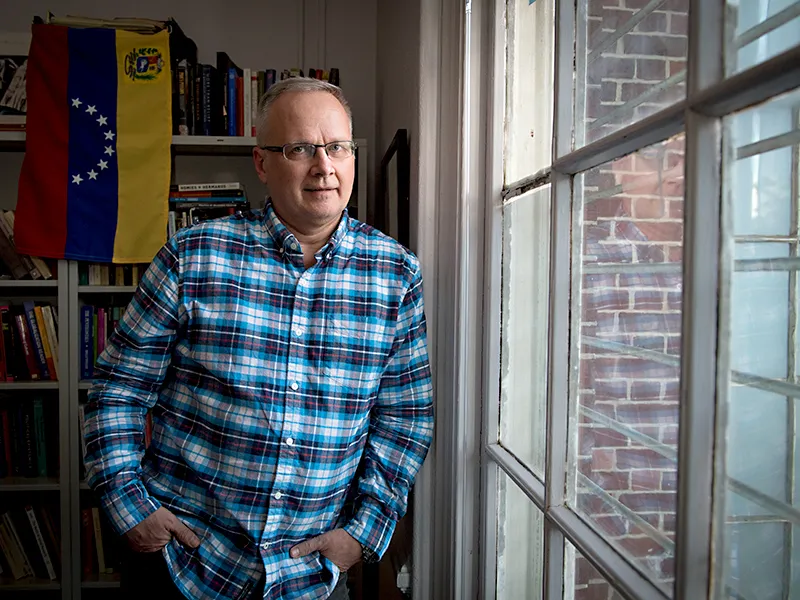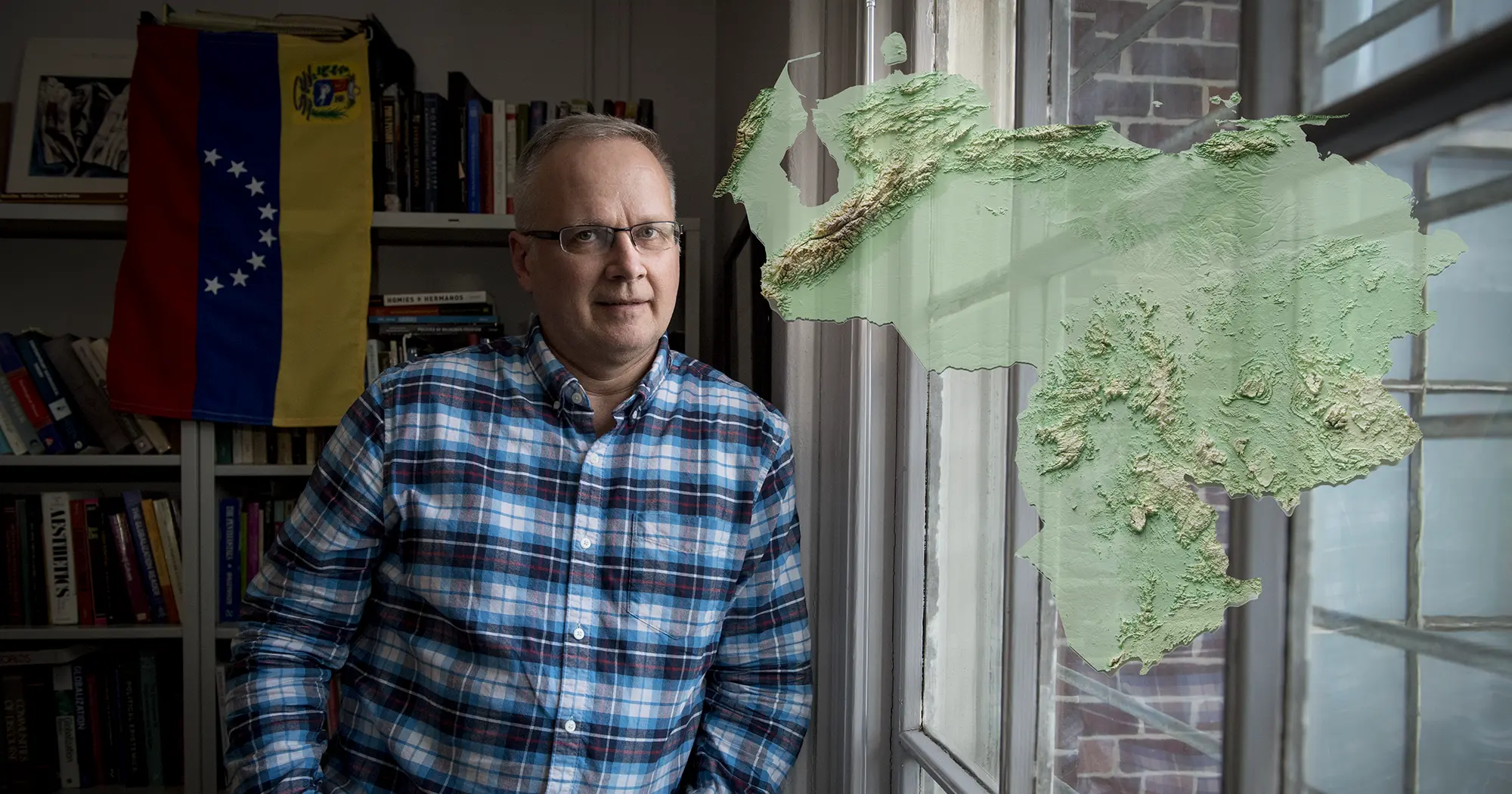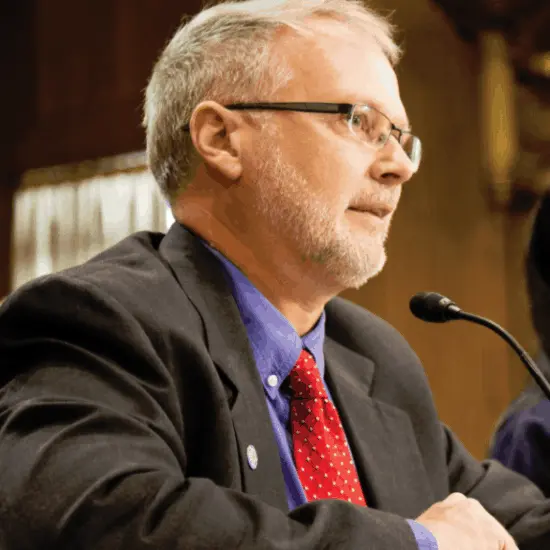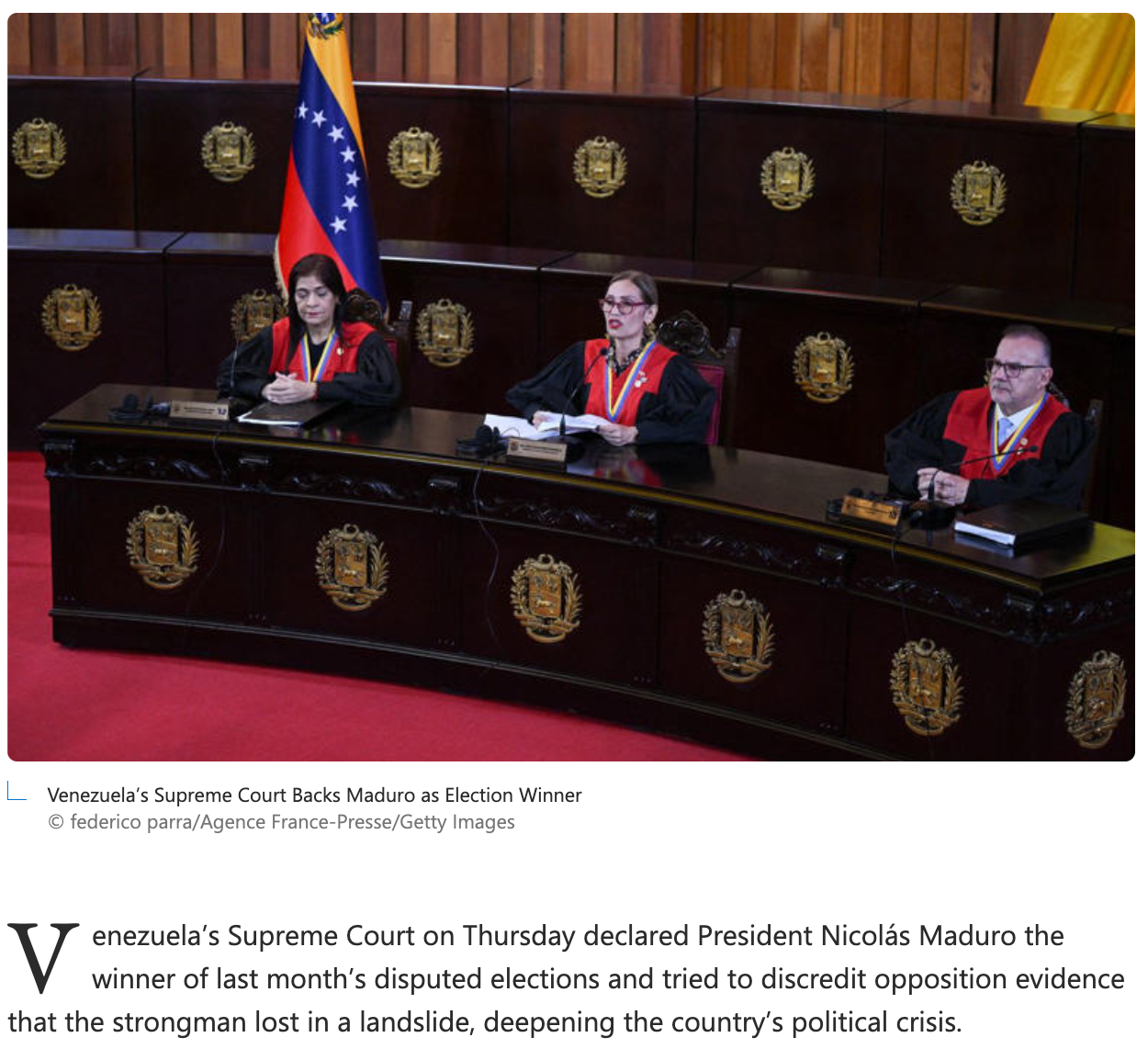

On Advocating for Democracy in Venezuela
Originally published in the 2024 issue of the School of Liberal Arts Magazine
What can I, as a sociologist specializing in culture and politics, do to intervene in the ongoing crisis in Venezuela?
We normally think of scholars analyzing such conflicts and their resolution years, decades, or centuries after the fact. But there is indeed a role in the present. Political actors rarely have the time to take inventory of what has happened and put it in the context of larger bodies of knowledge, but scholars have the space to do so. Moreover, when scholarly work is paired with an effective media engagement strategy, they can put forward arguments that can both convince political actors and perhaps more importantly, shape the environment to which they respond — including the questions that journalists ask and demands that citizens make.
The government of Nicolás Maduro initiated a presidential election on July 28 hoping it would help Maduro gain the legitimacy he has lacked since the rigged elections of 2018. Instead, it has pushed Venezuela into a new political crisis that continues to unfold. This complicated situation represents significant progress and dynamism from where Venezuela was only a year or two ago when Maduro was progressively consolidating his authoritarian hold on the country. My research and advocacy during my 10 years at Tulane has focused on the Venezuela crisis, and I have worked with scholars, civil society groups, and diplomats to facilitate a negotiated solution.
Venezuela has been in a state of almost continual conflict during the 25 years since Hugo Chávez became president in 1999. Chávez, who sought to revolutionize Venezuelan society and make it more democratic, egalitarian, and participatory, was reelected in 2006, declaring that Venezuela was in a transition to socialism. Flush with oil resources, he invested in everything from infrastructural projects to participatory budgeting. However, without a clear commitment to transparency and accountability, many of these resources were misspent or lost to corruption. And with an inflated currency and price controls, the non-oil domestic economy suffered.
When Chávez died in April 2013, his designated successor Maduro faced the challenge of managing a government and coalition made in Chavez’s image, without the resources — the oil price steadily dropped after 2013 — and without Chávez’s charisma. He did so by using a highly centralized state apparatus to repress opposition to his rule. He brutally repressed protests in 2014 and 2017, canceled a recall referendum in 2016, and manipulated the 2018 presidential election to such a degree that the opposition boycotted, and most Western democracies did not recognize it. When Maduro tried to begin his second term in January 2019, the opposition-controlled National Assembly declared the presidency vacant. They, in turn, installed National Assembly President Juan Guaidó as the interim president, and he was recognized by the U.S. and most other Western democracies. The U.S. also levied significant economic sanctions that have had an important impact on Venezuela’s economic decline. In the past 10 years, around 20 percent of Venezuela’s population, over 7 million people, have left the country, fleeing miserable conditions and an endless political conflict.
Years of research in political sociology show that acute conflict generates and is furthered by strong centripetal forces that keep actors from engaging in politics. Actors in conflict gain more from rallying their bases and dehumanizing their opponents than from pursuing the interests of those they represent and negotiating with their adversaries. Over 25 years, Chavismo — the movement begun by the late President Hugo Chávez and continued by Maduro — has portrayed itself as a revolution destined to save Venezuela, and its opponents as a conspiring elite in cahoots with imperial powers. The political opposition has portrayed themselves as heroic democrats and Chavismo as illegitimate, incompetent, and corrupt. In these circumstances, each side reviles the possibility of negotiating with their treacherous “other” and labels those who do as traitors.
In such a context, international engagement can be key. In 2017 I wrote several newspaper opinion pieces and testified in the U.S. Senate Foreign Relations Committee advocating for a multi-lateral effort, not including the U.S., that would engage the Maduro government in support of a return to democracy in Venezuela. That same year, the Lima Group of countries in the region was formed. However, rather than a “group of friends” it quickly became a group of adversaries strongly criticizing the government in non-diplomatic — if not inaccurate — terms. In 2018 and 2019, my colleagues and I argued against U.S. military involvement and for European engagement of Venezuela — thinking they would be in a better position than the U.S. to engage the Maduro government and facilitate a return to democracy. In 2019 the International Contact Group was formed from the European Union, in collaboration with several Latin American countries. This group had an important impact in promoting and laying the groundwork for negotiations. But it was the Norwegian Ministry of Foreign Affairs that took on negotiations in earnest. Working with colleagues, especially at the Washington Office on Latin America, I had a hand in advising them on Venezuela and the evolution of the conflict.
I wrote a series of pieces with one of the legends of the field of political transitions, Abraham Lowenthal, emeritus professor at the University of Southern California. We worked together to apply the classic insights of the scholarship on democratic transitions to the Venezuela case. It is common for people living in authoritarian contexts to think that nothing like what they are living has ever happened before and therefore all previous solutions are irrelevant. To a certain extent, they are correct. Every authoritarian context has its own unique character and details. And there exist no recipes for how to fight authoritarianism. However, there are strong commonalities between these contexts and a pretty consistent set of strategies that have been used to confront them.

Actors in conflict gain more from rallying their bases and dehumanizing their opponents than from pursuing the interests of those they represent and negotiating with their adversaries.
One of the key strategies is to participate in elections even when they are unfair. This can be a hard sell in a context such as Venezuela, which for more than 50 years enjoyed a solid electoral democracy. However, the research is clear that electoral boycotts tend to only strengthen authoritarians and demobilize opposition movements. In contrast, participating in elections and denouncing their abuses every step of the way puts an authoritarian government on the defensive. In the best case, it can lead to a “stunning election” in which an opposition wins, despite the odds. In any case, it can degrade and demoralize the authoritarian coalition and set in motion processes of change.
On this point the Venezuelan opposition has long been divided with a consistent coalition believing elections were the way forward and another coalition promoting abstention. Depending on the character of the historical conjuncture, one or the other side has dominated. As recently as 2020 the opposition boycotted legislative elections. In 2021 they participated even while working to suppress turnout since a good showing did not fit with their more immediate political aspirations.
In research carried out with a then Tulane student, Rowan Scarpino (SLA ’23), we showed that the capacity of the U.S. to impact the Maduro government is quite limited. And indeed, despite the Biden administration’s efforts, the Maduro government did not actually behave much different this year over the last presidential election in 2018 — it manipulated the electoral playing field in similar ways. The influence the U.S. does have in Venezuela is more over the opposition. The Biden administration made clear it wanted them to go to an election and that it would not undertake another regime change initiative. As a result of this and their own learning process facilitated by public debate, the opposition responded to each obstacle placed in their path by reconfiguring and continuing forward and maintaining a unified electoral strategy.
There is still much to be done to return Venezuela’s conflict into the space of democratic institutions. But public scholarship has played an important role in pushing this process forward and will continue to do so.


